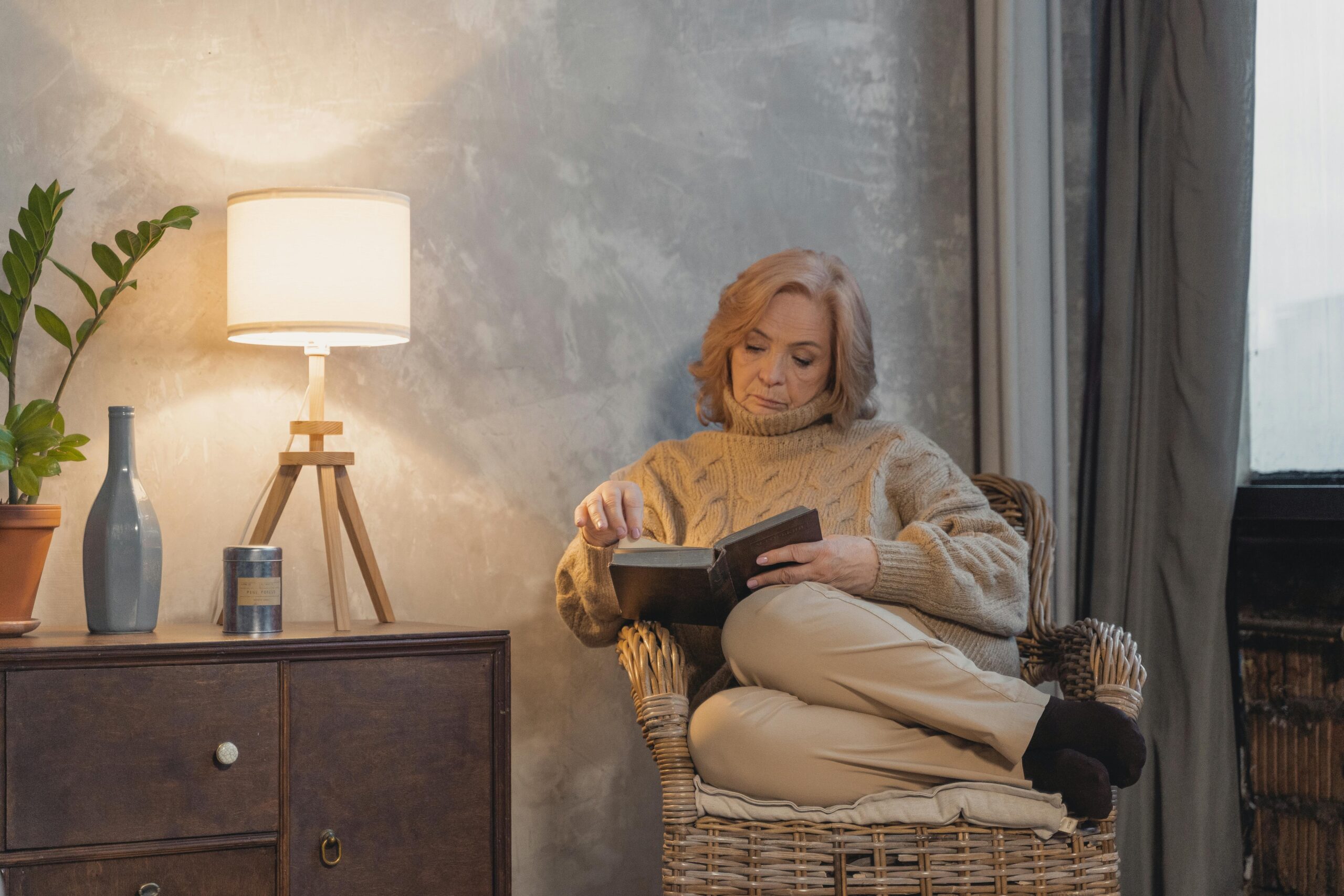Deep sleep—also known as slow-wave sleep (SWS)—is the most restorative part of your sleep cycle. It’s when your brain cleans itself, your body heals, and your memories solidify. But thanks to stress, screens, caffeine, and aging, many of us aren’t getting enough of it.
If you wake up feeling groggy or mentally foggy—even after 7+ hours of sleep—you’re likely missing out on deep sleep.
In this post, we’ll explore:
-
Why deep sleep matters
-
How much you actually need
-
10 proven strategies to improve deep sleep backed by research
Let’s dive in.
Why Deep Sleep Matters
Deep sleep plays a critical role in your overall health. Here’s what happens during this phase of sleep:
✅ Memory consolidation
✅ Hormone regulation and muscle repair
✅ Immune system strengthening
✅ Brain detox (glymphatic drainage of amyloid-beta)
🧠 One study in Science found that deep sleep helps clear waste from the brain that’s linked to Alzheimer’s disease. Xie et al., 2013
How Much Deep Sleep Do You Need?
Healthy adults typically get 60 to 110 minutes of deep sleep per night. This usually accounts for 13–23% of your total sleep time.
But factors like aging, chronic stress, late-night eating, or screen time can reduce it significantly.
10 Proven Ways to Get More Deep Sleep
1. Stick to a Consistent Sleep Schedule
Your brain loves rhythm. Going to bed and waking up at the same time every day improves sleep efficiency and increases time in deep sleep.
📊 Study spotlight: Irregular sleep patterns reduce deep sleep and total sleep efficiency. Phillips et al., 2017
🕰️ Try this: Set a bedtime and wake time—even on weekends.
2. Create a Deep-Sleep Friendly Environment
Your room should be:
-
Cool (60–67°F or 15–19°C)
-
Dark (no street lights, no phone glow)
-
Quiet (use white noise if needed)
📊 Study spotlight: Environmental noise can reduce deep sleep by 38%. Basner et al., 2011
3. Limit Caffeine and Alcohol
-
Caffeine blocks adenosine, your sleep pressure molecule.
-
Alcohol may knock you out—but it fragments sleep and crushes SWS later in the night.
📊 Study spotlight: Caffeine even 6 hours before bed reduces sleep by 1 hour. Drake et al., 2013
4. Exercise (but not too close to bedtime)
Exercise is a sleep superpower—but time it right.
📊 Meta-analysis result: Regular exercise boosts deep sleep by 21%. Kredlow et al., 2015
🏃 Pro tip: Exercise 4–6 hours before bedtime to avoid overheating or cortisol spikes near sleep.
5. Manage Stress Before Bed
Stress = high cortisol = shallow sleep. Combat it with:
-
Deep breathing
-
Meditation or mindfulness
-
Gratitude journaling
-
Gentle yoga
📊 Study spotlight: Mindfulness-based interventions improved sleep quality and increased deep sleep in older adults. Black et al., 2015
6. Block Blue Light at Night
Blue light from screens delays melatonin production and messes with your sleep cycle.
📊 Study spotlight: Blue light delays sleep onset and reduces deep sleep. Harvard Health
💡 Use:
-
Night mode on devices
-
Blue light blocking glasses
-
No screens 1 hour before bed
7. Eat Foods That Promote Deep Sleep
Your diet affects your sleep more than you think.
🥦 Nutrients that help:
-
Tryptophan (turkey, eggs)
-
Magnesium (spinach, almonds)
-
Potassium (bananas)
-
Glycine (bone broth, collagen)
📊 Study spotlight: A light glycine supplement before bed improves deep sleep. Yamadera et al., 2007
🍒 Try this snack: A handful of pumpkin seeds + tart cherry juice 1 hour before bed.
8. Consider Natural Supplements (Use Responsibly)
Natural sleep aids can support deep sleep—but they’re not magic. Use them strategically and sparingly.
| Supplement | Function | Dosage |
|---|---|---|
| Magnesium | Relaxes nervous system | 200–400 mg |
| Glycine | Lowers core body temp | 3 grams |
| L-theanine | Promotes relaxation | 100–200 mg |
| Melatonin | Resets sleep cycle | 0.3–1 mg |
⚠️ Always test one at a time and consult your doctor if on medications.
9. Track Your Sleep (But Don’t Obsess)
Sleep trackers like:
-
Oura Ring
-
Apple Watch
-
Whoop
…can give you a window into your deep sleep trends.
📈 Use them to notice patterns over time—not to micromanage every minute.
Track:
-
Total sleep
-
Deep sleep (aim for 90+ minutes)
-
HRV (higher = better recovery)
10. Rule Out Sleep Disorders
If you’ve tried all of the above and still feel exhausted…
It could be a medical issue like:
-
Sleep apnea
-
Restless leg syndrome
-
Chronic pain
-
Hormonal imbalances
🚨 Red flags: Loud snoring, gasping, daytime sleepiness, waking with a dry mouth
🩺 Get a sleep study to rule out underlying conditions.
Bonus Hack: Smart Cooling Beds
Thermoregulation = huge for deep sleep. Devices like:
-
Eight Sleep Pod
-
ChiliPAD
-
BedJet
…cool your sleep environment automatically.
📊 One study found cooling the bed surface improved deep sleep by 34%. Zhu et al., 2019
Sample Deep Sleep Routine (9:00 PM – 10:00 PM)
🕘 9:00 PM – Stretch or light reading
🛁 9:15 PM – Warm shower to trigger thermal drop
💊 9:30 PM – Take magnesium + glycine (if needed)
🧘 9:40 PM – 10 min meditation or breathing
🛏️ 9:50 PM – Lights out in a cool, dark, quiet room
Repeat this routine for 21 days and track the difference in your sleep quality.
Conclusion: Deep Sleep Is the Real Fountain of Youth
You can’t biohack your way to health without quality sleep—and deep sleep is the crown jewel. It heals your brain, resets your body, and fuels your best performance.
Start with one or two strategies from this guide, stick with them for a few weeks, and you’ll likely notice:
✅ Better mood
✅ Sharper thinking
✅ More energy
✅ Less inflammation

